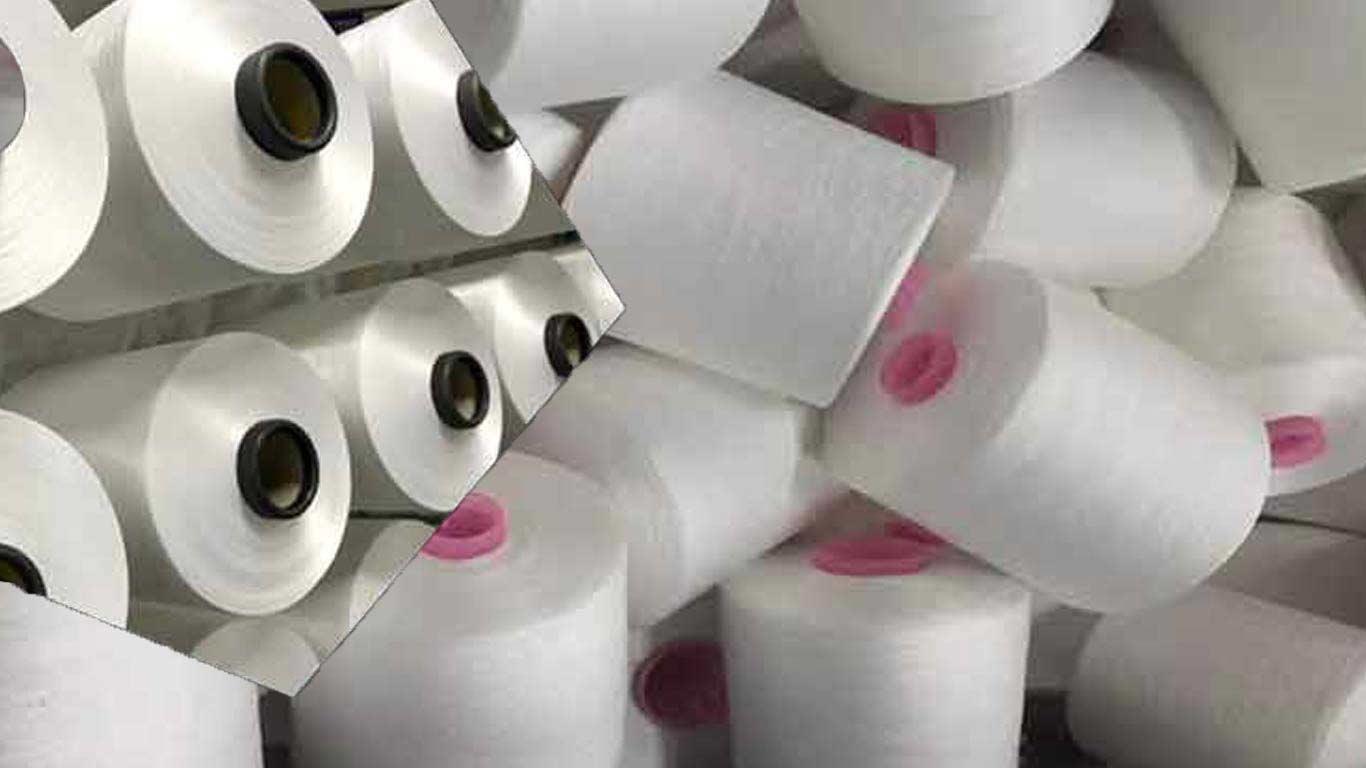
Withdrawal Of QCO On Polymer Inputs To Aid Downstream Textiles, Pressure Polyester Yarn Makers: Crisil
However, the move is set to intensify competition for domestic polyester yarn manufacturers, according to an analysis by Crisil Ratings.
The Ministry of Chemicals and Fertilisers announced the withdrawal of the QCO on November 12, 2025.
The order-first introduced in October 2023-had mandated BIS certification for imported yarn to curb the inflow of cheaper polyester yarn from China.
Its removal is now likely to increase the availability of competitively priced imported yarn and provide some support to garment and home textile exporters struggling with US tariff pressures.
Export exposure has heightened the vulnerability of these downstream sectors.
Readymade garments derive 25–30 percent of their revenue from exports, a third of which are to the US, while home textiles depend on export markets for two-thirds of their revenue, with the US accounting for 55–60 percent of the total. The onset of 50 percent tariffs on shipments to the US has weakened operating performance across both segments.
Garment manufacturers, which rely heavily on polyester yarn, stand to benefit the most from reduced input costs. Home textile players are expected to gain to a lesser extent due to their higher dependence on cotton-based products.
“As polyester yarn is a more affordable substitute to cotton yarn, it is extensively used to manufacture value and mid-premium garments. The removal of QCO should provide a breather to the downstream textile industry, which has been impacted by high tariffs on exports to the US,” said Gautam Shahi, Director, Crisil Ratings.
For polyester yarn producers, however, the outlook remains subdued.
Crisil's assessment of 20 companies-representing 40–45 percent of the sector's revenue-indicates that increased import competition and weaker crude oil prices will likely keep revenue growth flat at 3–5 percent in fiscal 2026, despite a potential uptick in volumes from lower GST rates.
“Moderating realisations will also shrink spreads for polyester yarn manufacturers by 10-15 percent. This is after considering benefits from removal of QCO on inputs used in yarn making, predominantly Purified Terephthalic Acid (PTA) and Mono Ethylene Glycol (MEG). Overall players may see their operating margins shrinking by ~100 basis points (bps) to 5.5-6 percent next fiscal.” said Pranav Shandil, Associate Director, Crisil Ratings.
With weaker profitability, interest coverage ratios for polyester yarn makers are expected to moderate to 2.7–2.9 times in fiscal 2026 from 3.5–3.7 times in the current year.
Crisil noted that the impact of sustained tariff differentials, evolving US demand, crude price volatility and policy changes across the textile value chain will remain key monitorables for the sector.
(KNN Bureau)
Legal Disclaimer:
MENAFN provides the
information “as is” without warranty of any kind. We do not accept
any responsibility or liability for the accuracy, content, images,
videos, licenses, completeness, legality, or reliability of the information
contained in this article. If you have any complaints or copyright
issues related to this article, kindly contact the provider above.

















Comments
No comment